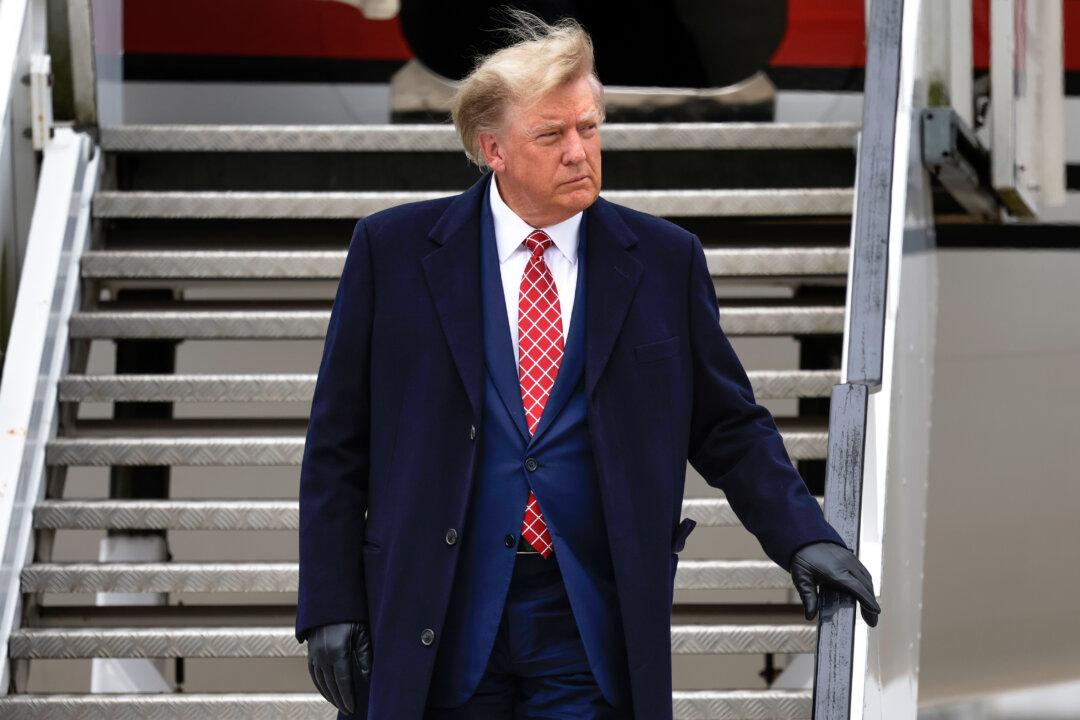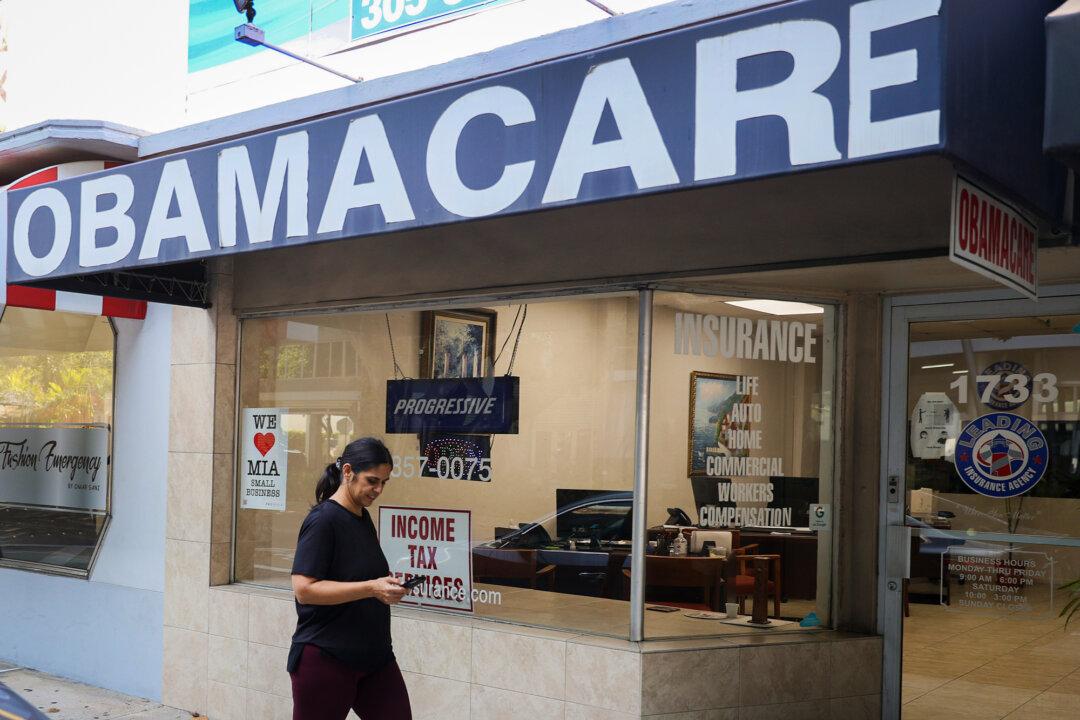News Analysis
The indictment of former President Donald Trump on charges related to his unauthorized possession of classified documents has introduced a wild card into the 2024 presidential campaign, all but ensuring another election marked by allegations of wrongdoing against a major candidate.





